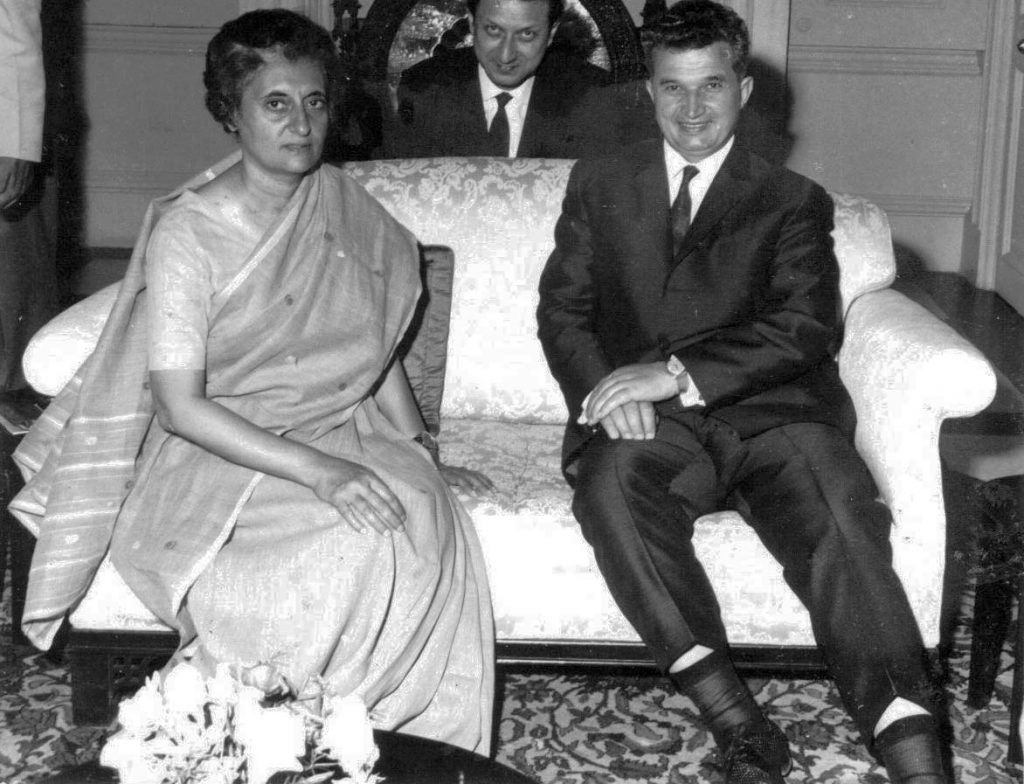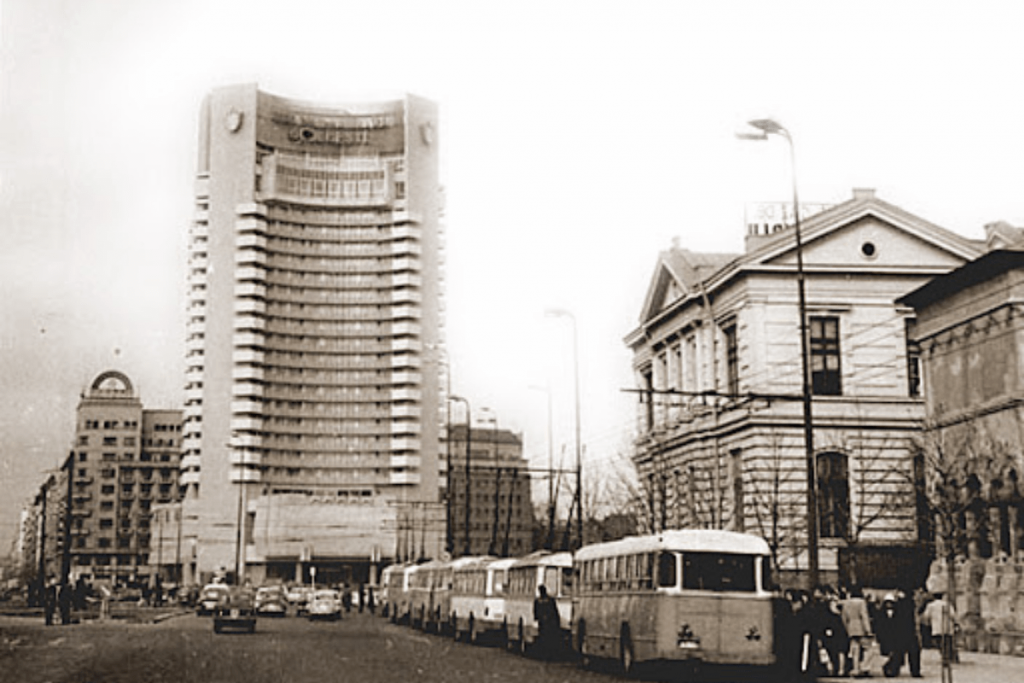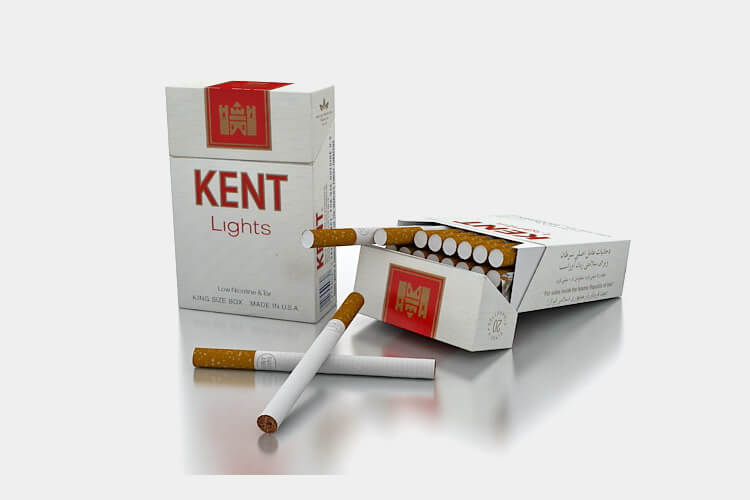In 1952, the Lorillard Tobacco Company introduced the first popular filtered cigarette to the world. Known as Kent Cigarettes, in the first four years following its introduction between 1952 and 1956, it’s believed that an estimated 13 billion were sold. In the 1970s and 1980s, they were the subject of an economic enigma in one of the most obscure locations on earth: the tightly controlled, poverty-stricken Communist dictatorship of Romania.
At YPT, we visit Romania often on our Soviet tours throughout the year. We always indulge in the bizarre communist history of the country when we do. So when we found out about this fascinating aspect of Communist Romanian history via Eastern Europe Insight, we knew we had to write a blog on it. So read on for the fascinating story of Kents and Dictators!
Lorillard sold the Kent Cigarettes brand to British American Tobacco in 1977. To fight the brand’s decline, British American Tobacco began selling Kent cigarettes around the world and turned it into one of their most popular brands in a plethora of countries from the United Kingdom to the Socialist Republic of Romania. The latter became an inherently bizarre hub of the brand and an economic enigma in the dictatorship of Nicolae Ceausescu.

From the late 1970s to the collapse of the Communist regime in Romania in 1990, Kent Cigarettes were the subject of intense demand and near-obsession amongst Romanians. Where exactly this obsession began is difficult to pinpoint. Spokespeople for Lorillard and Romanians alike are disputed or unable to answer the question. How the cigarettes became one of the economic enigmas of the surreal state, however, is possible to explain.
Following their introduction to Romania in the late 1970s, Kent Cigarettes grew in popularity due to them being used as a rather foolproof bribe in the domestic market of the Communist country. However, as Romania slipped into an economic crisis and the living conditions for people became increasingly dire, the cigarettes were withdrawn from circulation and only officially sold in hard currency shops which were out of bounds for most Romanians. However, the black market was in full boom and inflated prices for these cigarettes flourished. Smoking cigarettes, however, was not the primary reason for obtaining them.

As the Romanian currency became more and more worthless and Romanian citizens were strictly barred from owning foreign money, Kent cigarettes soon turned into a black market substitute for cash, and sometimes one carton could mean the equivalent of $100. But what could Kent Cigarettes buy you in Communist Romania?
For an ordinary citizen to smoke Kent cigarettes would be the equivalent of lighting Cuban cigars in Miami with $100 bills. One box of these cigarettes could get a Romanian citizen teeth repairs from an extremely competent dentist. If you had ten cartons, you could pretty much guarantee your way to the front of the line for the status symbol of a color TV.
Four packs in the alley behind a restaurant could get you a few weeks of meat in an era of intense rationing. The meat supplies of Communist Romania were mostly exported abroad to the USSR, the Middle East, and the West. This was all in order to pay off the $10 billion debt Romania owed for their heavy borrowing of currency to invest in energy-intensive industries.
In a Wall Street Journal article written by Roger Thurrow in 1986, it was noted that the distinctive gold box of European Kent cigarettes could be spotted at surprising distances and had the power to turn the owner into a ”big shot” in Romania from preferential treatment and better food at the market to getting past aggressive and corrupt border guards.

Black Market aside, one of the easiest places to legally obtain Kent cigarettes in Romania was behind the bar of the Intercontinental Hotel in Bucharest. Back in the day, this was a popular haunt for international students from Africa and the Middle East. These students, often numbering around 25,000 people, would pay an annual tuition fee of $3,000 to the Romanian regime. This money was much needed by the fledgling Communist regime.
These students, with a ready supply of legal foreign currency and goods, soon found money-making opportunities to supplement their studies and live a life superior to the average Romanian. Whether it was the illegal trade of foreign currency or supplying international coffee and Kent cigarettes, these students were a significant part of the black market in communist Romania.
Outside of the Romanian capital of Bucharest in the ski resorts of Transylvania, the children of high-ranking Communist Party officials spent most of their time in local nightclubs. Foreigners who witnessed such clubs in the 1980s noted that these privileged kids were seen drinking Scotch Whisky and Polish Vodka in one hand and with the ultimate status symbol in the other: a Kent cigarette.





